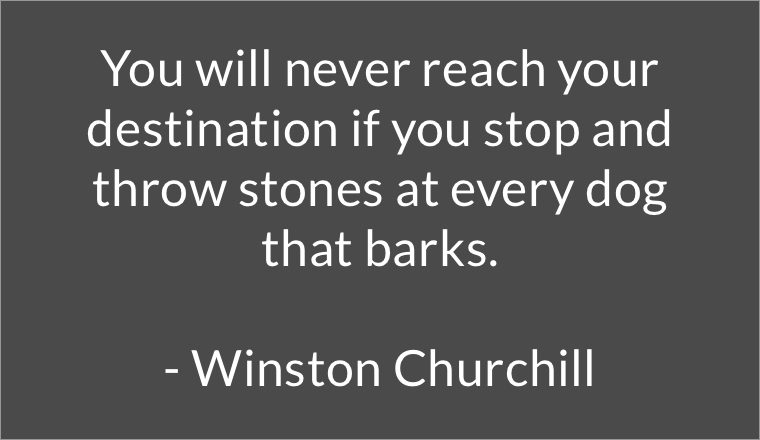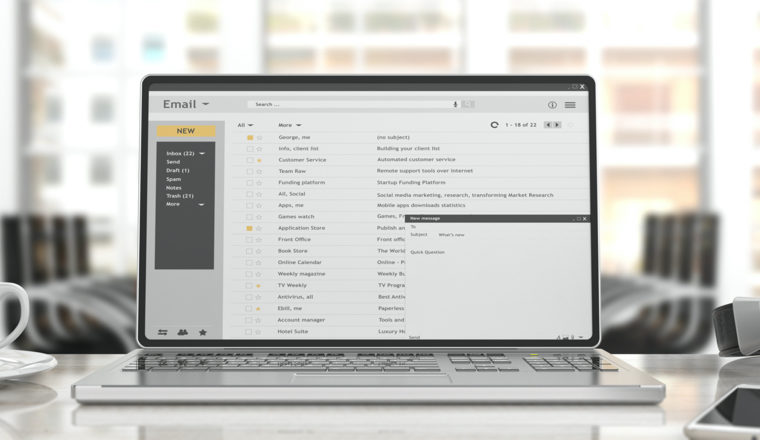Email marketing is a crucial aspect of digital marketing that allows small businesses to communicate with their customers and prime prospects to build strong relationships. It effectively promotes your products or services, generates leads, increases customer engagement, and nurtures prospects. The articles listed here aim to provide an introduction to email marketing for small business owners and explain why it is essential to include email marketing in your marketing strategy.
What is Email Marketing?
Email marketing involves sending commercial messages to a group of people using email. It is a permission-based marketing strategy, which means that you can only send emails to individuals who have given you permission to do so. Email marketing is a cost-effective and efficient way of reaching out to your target audience and promoting your products or services.
Benefits of Email Marketing for Small Business
Email marketing provides small businesses with several benefits, including:
Cost-Effective
Email marketing is an affordable marketing strategy that allows small businesses to reach out to a large audience without spending a lot of money. You can design and send professional-looking emails using email marketing software like Mailchimp, which offers a free plan for small businesses.
Increased Engagement
Email marketing enables small businesses to engage with their customers and prospects by sending personalized and relevant content. You can create targeted campaigns that resonate with your audience by segmenting your email list based on the subscriber’s interests and behavior.
Build Brand Loyalty
Email marketing helps small businesses to build brand loyalty by creating a relationship with their subscribers. By sending relevant and valuable content, you can establish yourself as an expert in your industry and build trust with your audience.
Measurable Results
Email marketing provides small businesses with measurable results, including open rates, click-through rates, and conversion rates. Tracking these metrics allows you to optimize your email campaigns and improve your results over time.
Best Practices for Email Marketing
To get the most out of your email marketing campaigns, you should follow these best practices:
Build a Quality Email List
Your email list is the foundation of your email marketing campaigns. You should focus on building a quality email list by asking for permission to email your subscribers and only adding individuals who have shown an interest in your business.
Segment Your Email List
Segmenting your email list based on your subscribers’ interests and behavior allows you to create targeted campaigns that resonate with your audience. You can segment your email list based on demographic data, email engagement, and purchase behavior.
Personalize Your Emails
Personalizing your emails by addressing your subscribers by name and using their preferences and behavior data in your email content can increase your email open and click-through rates.
Optimize Your Email Content
Optimizing your email content by using clear and concise language, relevant images, and a clear call-to-action can improve your email engagement and conversion rates.
Test and Measure Your Email Campaigns
Testing and measuring your email campaigns by A/B testing your email subject lines, email content, and call-to-action can help you optimize your email campaigns and improve your results over time.
Conclusion
Email marketing is a powerful marketing strategy that can help small businesses to communicate with their target audience, promote their products or services, and build brand loyalty. By following best practices for email marketing, small businesses can create effective email campaigns that resonate with their audience and drive business results.




